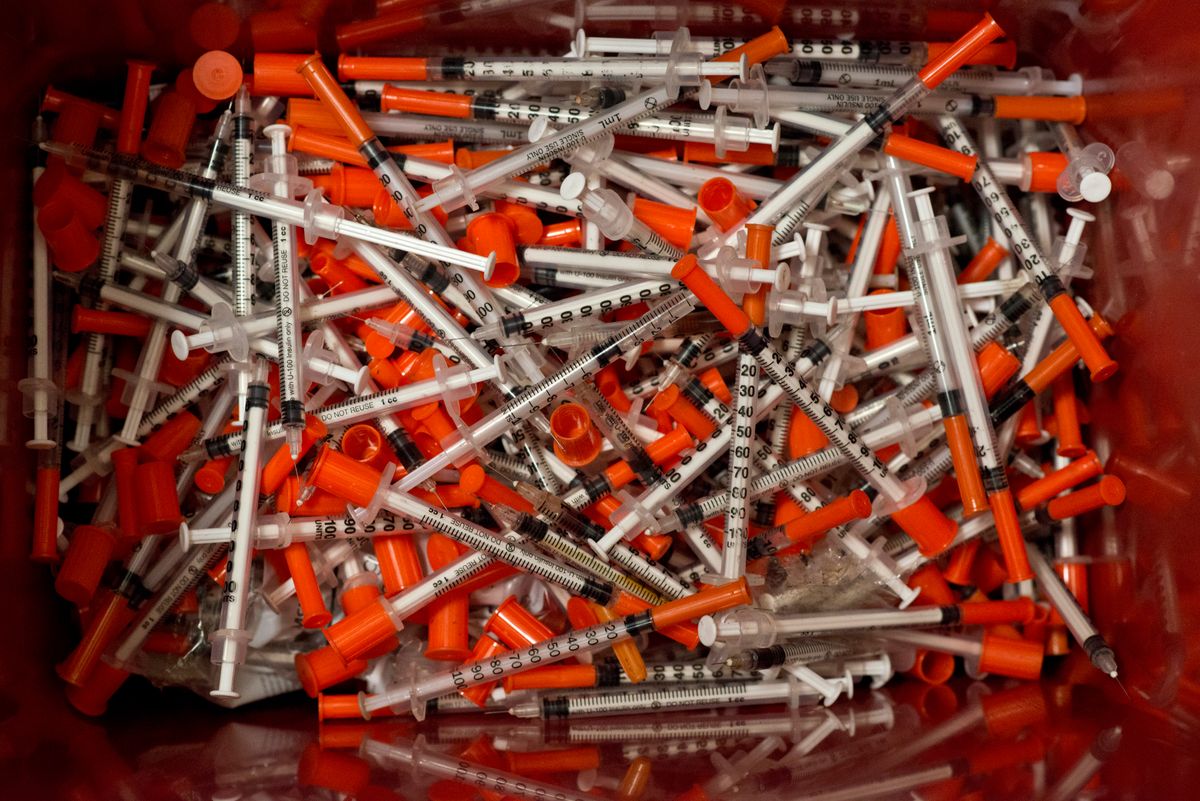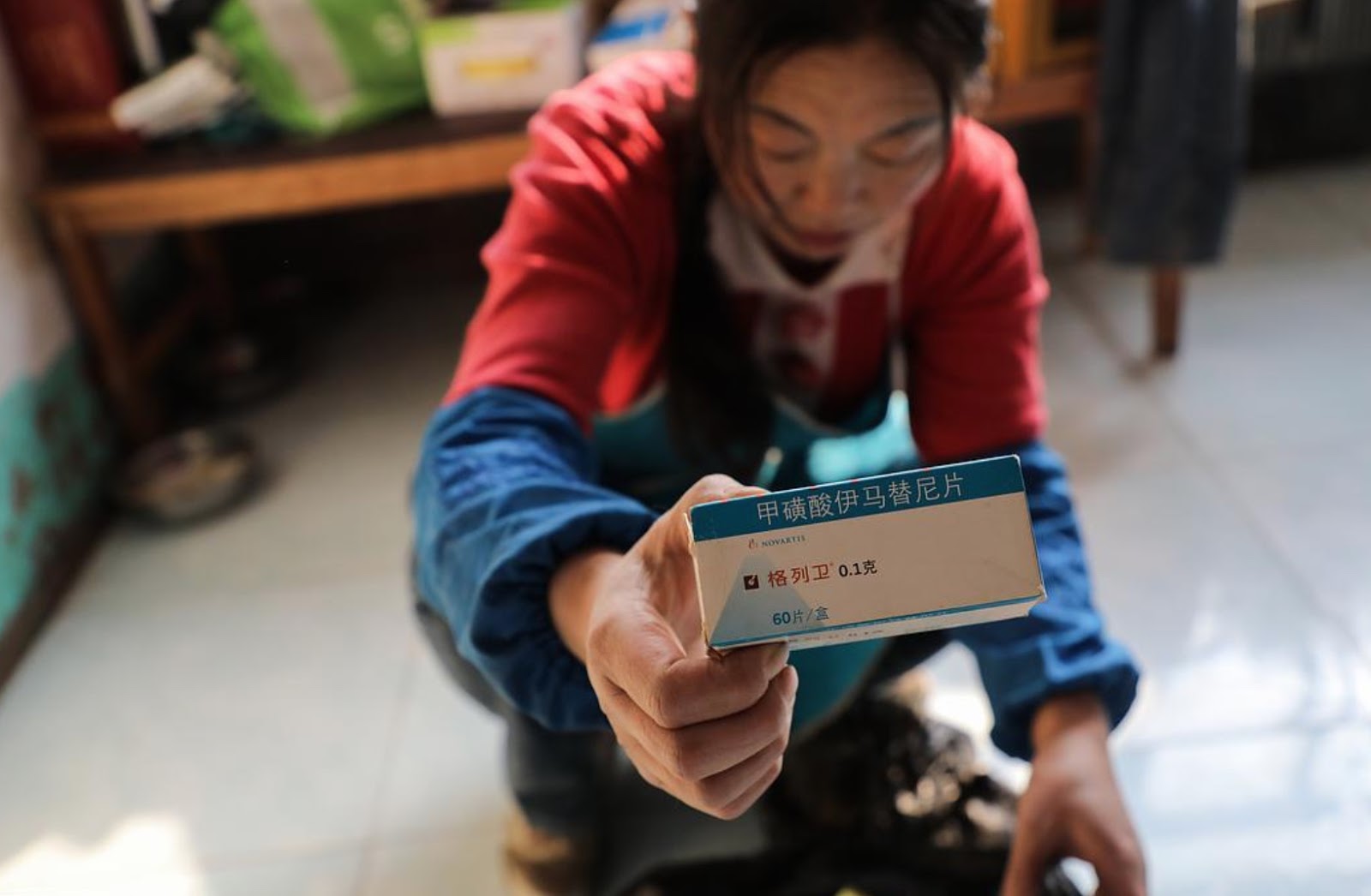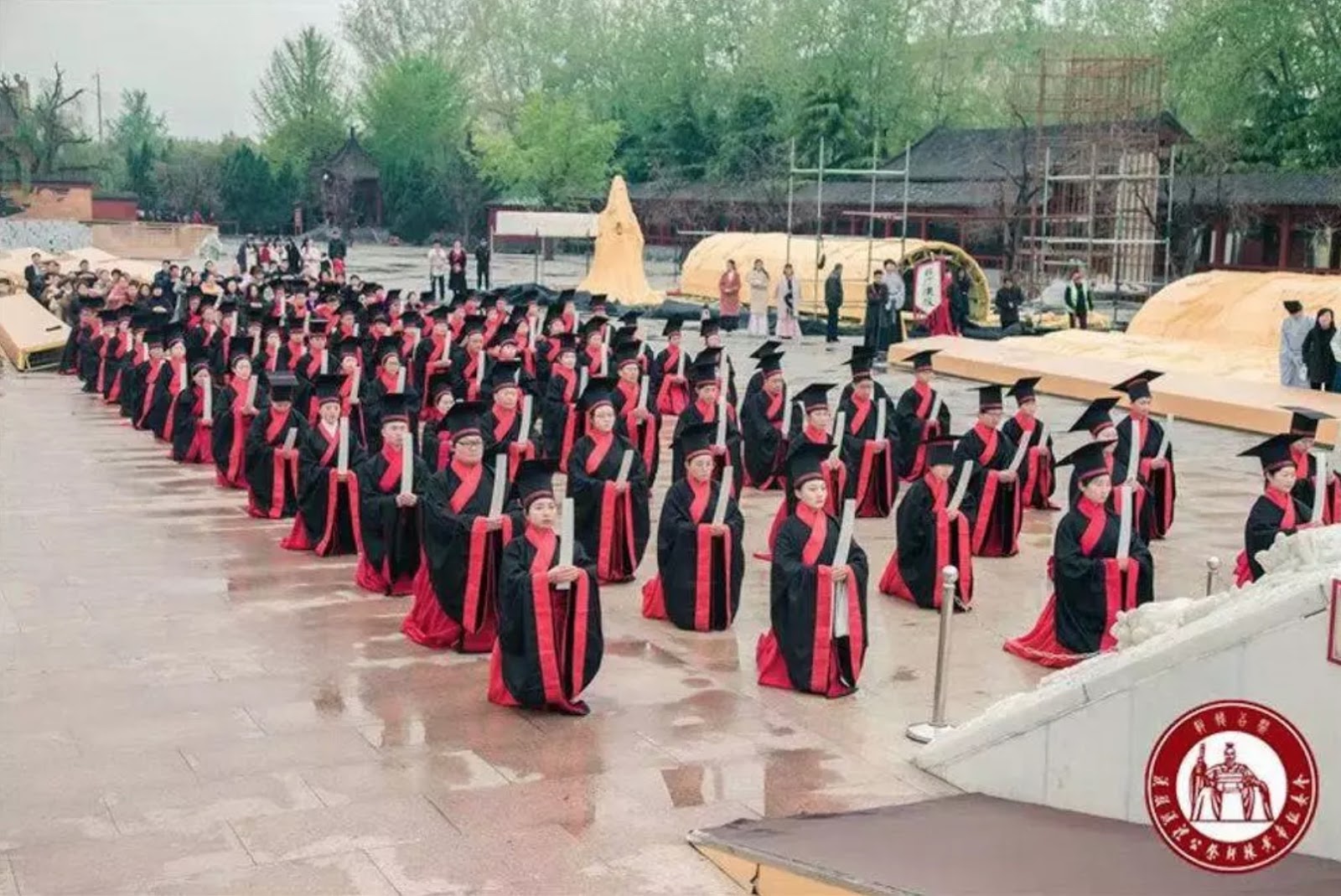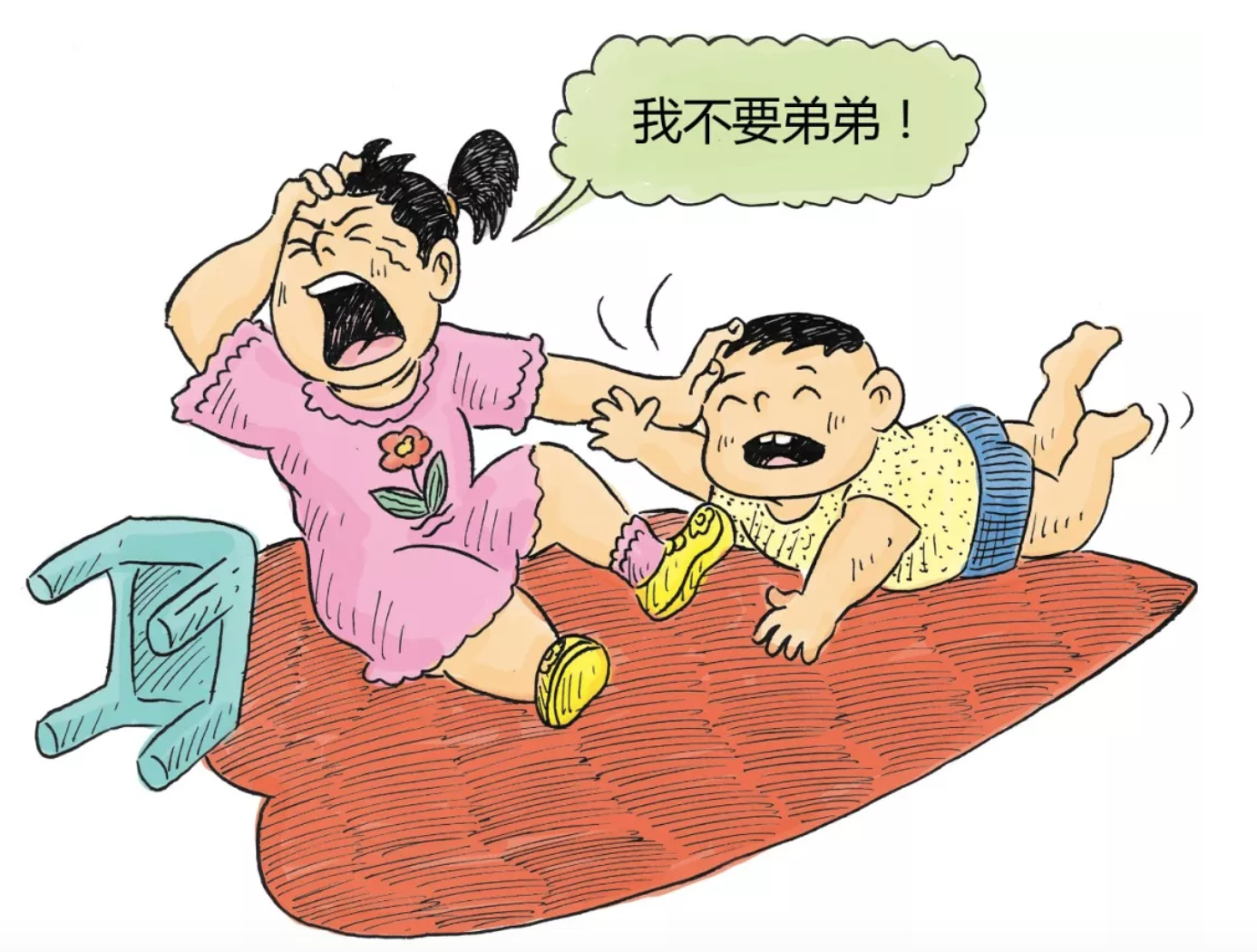Chinese Corner: Used needles, Leukemia drugs, and dealing with an unexpected sibling
Chinese Corner: Used needles, Leukemia drugs, and dealing with an unexpected sibling

Biowaste threat: Used needles
针头去了哪里
By 袁贻辰 | 冰点周刊
July 12, 2018
Despite the growing number of diabetes patients in China who use millions of syringes per year, the country still lacks a national policy for the collection of dirty needles. According to Hu Yuan 胡源, a endocrinologist in Jiangsu Province, who is interviewed in this feature story titled “Where did the needles go?” (针头去了哪里), only one out of his 50 patients has the habit of returning dirty syringes to hospitals that can dispose of them properly. The vast majority of used needles are discarded by patients along with other household waste, posing a grave danger to public health.
In an attempt to solve the problem, a group of professionals at Wuxi Traditional Medicine Hospital rolled out a needle exchange program for diabetics in 2014, which is now expanding across the country.

How to make leukemia drugs more affordable in China
《我不是药神》错在了哪
By 伍丽青 | 网易浪潮工作室
July 07, 2018
The critically acclaimed movie Dying to Survive (我不是药神 wǒ bùshì yào shén) has reportedly grossed more than 2 billion yuan just two weeks into its run, making it one of the most talked-about cultural phenomenons of the year. Based on the real-life story of Lu Yong 陆勇, the movie’s script is by all accounts an accurate depiction of the dire situation facing leukemia sufferers in China.
But many people have said that the film leaves a false impression of foreign pharmaceutical companies as the only villains responsible for the problem. In particular Novartis, the Swiss pharmaceutical firm that produces the drug Gleevec, which many leukemia patients like Lu are desperate to seek substitutes for, is unfairly characterized.
In this article, Wu Liqing 伍丽青 notes that the incredibly high price of drugs in China is a product of a range of factors, including the country’s heavy tariffs on imported medications and regulations — recently amended — that require foreign pharmaceutical firms to do additional costly trials in China even after approval in other countries.
While on the subject, Bingdian Weekly 冰点周刊 has a brief explainer on the history of Gleevec. For a more entertaining read, see the comments of WeChat blogger 毕导, who allegedly holds a chemistry degree and studied a few academic papers on Gleevec, trying to invent an alternative drug that is cheaper than what India can provide.

Inside the Han clothing movement
正午 | 穿着汉服,他们想帮中国重回世界之巅
By 杨语 | 正午故事
July 9, 2018
In this article explaining the rise of the Han clothing movement in China, Kevin Carrico, a lecturer at Macquarie University, writes:
The Han Clothing Movement, a youth-based grassroots nationalist movement built around China’s majority Han ethnic group, has emerged over the past 15 years in urban China. It imagines the numerically and culturally dominant Han — nearly 92% of China’s population — as the target of oppression by both China’s minorities and ‘the West,’ in need of revitalization to save China. Hoping to make the Han great again, movement participants promote the public wearing of an ethnic outfit that purports to revive a clothing style that is millennia old.
The end goal is comprehensible, but the question as to how a clothing movement can help China rule the world still demands a clear and practical answer. In this feature story, journalist Yang Yu 杨语 takes a deep dive into the mindset of Han Clothing Movement participants. By following several core members of a Han clothing association, Yang discovered that the symbolism of the movement vastly outweighs its substance: Her interview subjects often dodged hard-hitting questions and could only talk about “a handful of big concepts in circles.”

Sibling rivalry in the era of a two-child policy
父母皆祸害,妄图生二孩?
By 冰点周刊
July 13, 2018
Since China officially ended its one-child policy in 2015, we’ve seen a great deal of ink spilled analyzing how the change would affect the nation’s demographic structure, education system, and economy. But at the same time, children who were born in a family that suddenly decided to have a second kid have been overlooked in the media.
These Chinese kids, once only children who enjoyed all of the attention of their parents, are now having a hard time learning to share everything with a new and unexpected sibling. This article delves into this phenomenon by profiling a few kids who experienced a significant psychological stress or jealous sibling rivalry.






